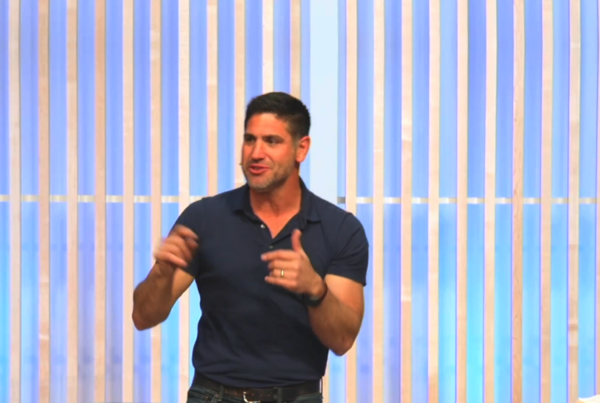To varying degrees, we are constantly assessing things in our daily lives — from fruit in the supermarket to the value and worth of a home. At Acts 29, we take assessment very seriously as we evaluate the qualifications and readiness of church planters. We do this not only to have healthy, fruitful church plants, but also to steward well what God has allowed us to be a part of as He builds His church. Therefore, our aim is to seriously consider and evaluate those called by God to start, lead, and oversee His church (Matthew 16:18).
Accurate assessment of church planting potential is essential in a field where much is at stake, whether it’s the health of a church planter’s family, identifying the right planter, or planting at the right time in the right place. Unless you really like pain and frustration, you do not want to attempt to plant a church without being equipped, gifted, and specifically called by God to do so!
In his book, The Salvation of Souls, Jonathan Edwards said,
“Those that are about to undertake this work should do it with the greatest seriousness and consideration of the vast importance of the work, how great a thing it is to have the care of precious souls committed to them, and with a suitable concern upon their minds, considering the great difficulties, dangers, and temptations that do accompany it. It is compared to going to warfare (1 Corinthians 9:7; 1 Timothy 1:18).” – (Wheaton, IL; Crossway, 2002, 51-52)
In preparation for this “warfare,” assessing one’s calling, character, and competency is crucial. This cannot only come by one’s own self-assessment, though there must be a strong conviction and confirmation internally in a church planter that God is leading in this direction. Just as important as internal conviction is, there must be external confirmation in which a church planter receives counsel and places himself under the honest and sometimes uncomfortable assessment by his family, peers, elders, and/or assessment centers (Proverbs 11:15, 15:22, 20:18, 24:6).
A thorough assessment of a church planter will determine whether he has not only been been tested to do the work (1 Tim. 3:10), but also meets the qualifications of an elder (1 Tim. 3, Titus 1). Just as each culture assesses certain things in our daily lives by a standard, God has clearly laid out the standards by which leaders in the church must be evaluated by and held. There is a strong element of character assessment as well as leadership capacity (Ps. 78:72) in leading a church. Therefore, a thorough evaluation and assessment of a church planter is essential in affirming strengths, identifying areas of growth, and giving feedback on practical steps in planting a healthy, multiplying church.
Acts 29’s hope is that church planters see being assessed as an investment in them, their families, and their future church. Our aim is to set them up to the best of our ability and to come alongside Jesus in His work of building His church and seeing the lost saved for His glory.
This post was written by Tyler Powell.
If you would like to know more about Acts 29’s assessment process you can find more information here.











